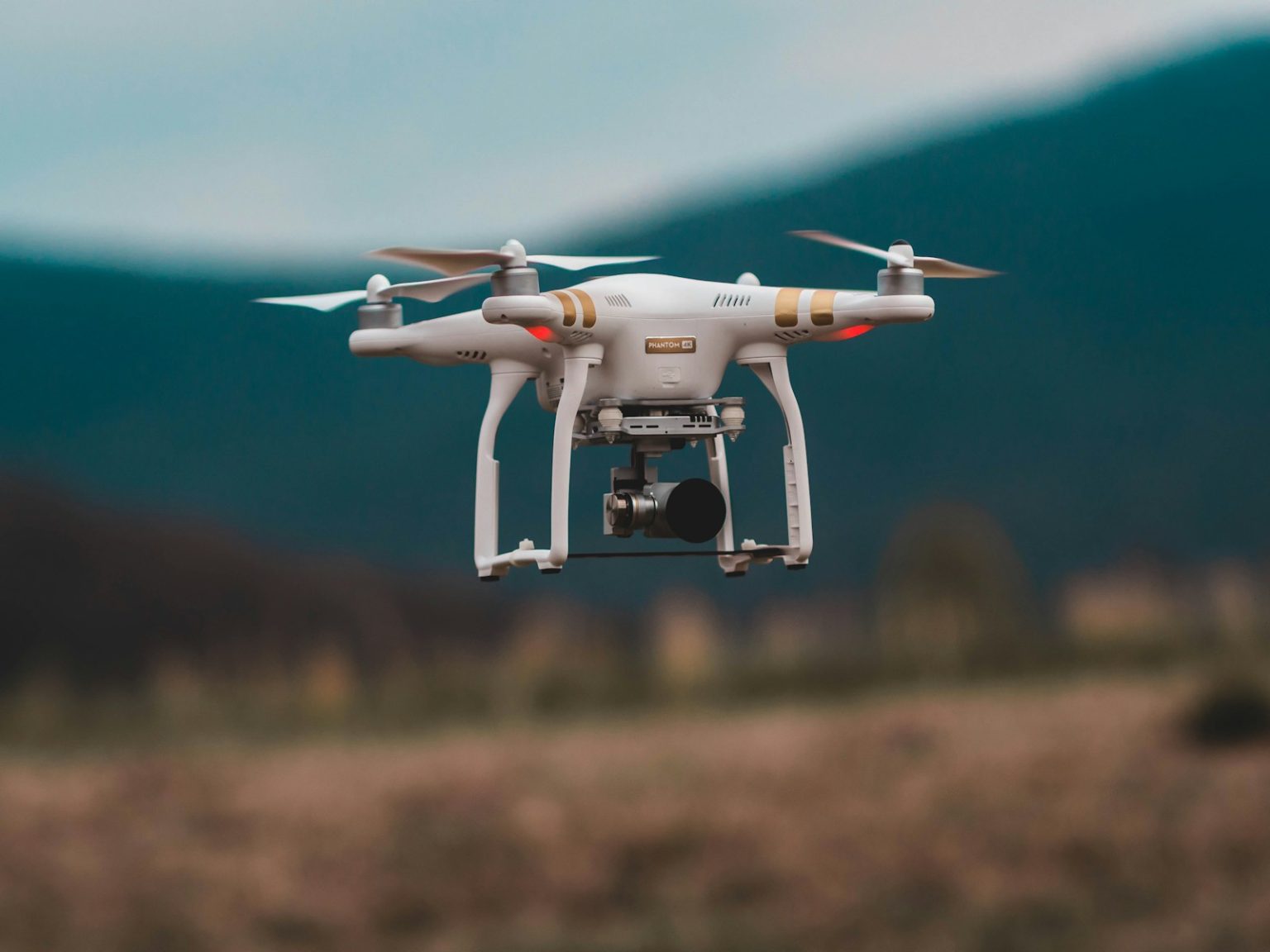The European Defence Tech Hub (EDTH) hackathon in Munich brought together innovators to develop AI and drone technology for defense applications. The event, held in February 2025, comes at a time of rising geopolitical tensions, particularly with the ongoing war in Ukraine and the US adopting a more protectionist stance. Benjamin Wolba, cofounder of EDTH, emphasized the importance of attracting talent to the defense space.
“We don’t want you to chase, you know, $5,000 prize money. If you’re that good, we’ll help you raise $1m,” he said. Quantum Systems, a German autonomous drone startup, provided hardware for participants to develop their ideas.
Drones and AI were the main themes, with big defense tech companies like Helsing and Quantum Systems supporting the hackathon. Stelios Koroneos attended the hackathon to build AI copilots for defense hardware.
Munich hackathon spotlights AI and drones
Ukrainian founder Yurii Stasinchuk showcased AI for vision processing in drones, aiming to share battlefield experience with NATO forces. Andrii Yakovyna and his former classmates from Kyiv founded Bynesoft to develop AI for voice-to-text language translation for defense communication. Wolba and his cofounder, Jonatan Luther-Bergquist, see the hackathon as a talent portal connecting engineers with larger startups.
“It’s also in their interest to have more startups in the ecosystem,” said Luther-Bergquist. Michael Kriegel, cofounder of Quantum Systems, expressed his enthusiasm for finding potential employees among the participants. “If they can show me during the hackathon that they are good programmers, I’m happy to employ them.
It’s basically like a very good, easy job interview,” he noted. The next hackathons are planned for various European cities to foster innovation and cooperation in defense tech across the continent.

